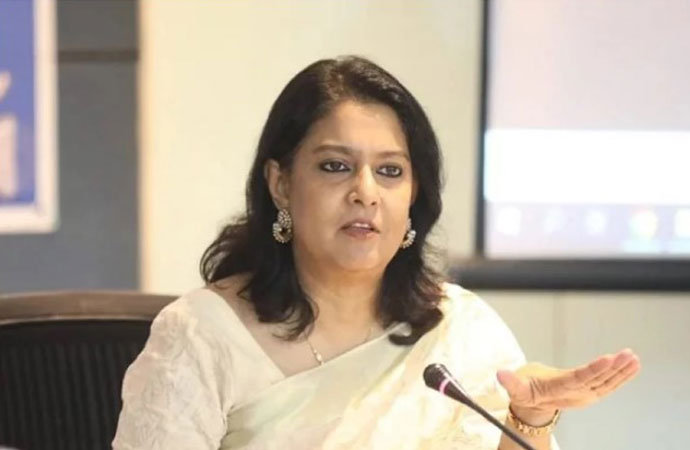Featured 1

In many countries around the world today, public pensions have become an important source of income for the older population. Looking around the world, two types of public pension systems tend to predominate. A contributory pension system comprises two streams: mandatory contributions (e.g. public sector employees are mandated to pay a certain percentage of their income into the system) and voluntary contributions. The other scheme is a tax-financed (non-contributory) pension, also referred to as a 'social pension'. This consists of a regular cash transfer to older people with two main functions - providing a minimum income to assist with poverty reduction and improving the distribution of resources with egalitarian aims. Eligibility criteria for such schemes may include age, citizenship, residency, etc. They have three dominant forms in terms of the selection of beneficiaries or coverage: universal, means-tested and pension-tested.
Earlier this month, the government rolled out a much-anticipated universal pension scheme with an aim to bring all citizens aged above 18 under the coverage. In doing so, the Awami League sought to meet one of its promises first mentioned in its 2008 election manifesto, authored chiefly by the late A.M.A. Muhith and that has remained a foundational document throughout its 15 years in power. It contained many promises, that the party has been picking off at its convenience or as appropriate, and the pension's scheme time has come now. It featured with renewed vigour in the run up to the 2018 election, and clearly has been particularly close to Prime Minister Sheikh Hasina's heart in the past few years. If it succeeds, it can seal her legacy as Bangladesh's most consequential leader, through the sheer impact on Bangladeshis' lives witnessed during her tenures from an economic standpoint. It has been an era of upliftment.
A pension scheme sends that message loud and clear. To that end, the 'Universal Pension Management Bill-2023' was passed in the Jatiya Sangshad last January, with the aim to bring all the adult citizens of the country under a pension system - outside the government employees, who already had a system in place. However, a person has to contribute continuously for at least 10 years after joining the public pension scheme to get monthly pension benefits. An opportunity to bring government employees into this pension system by issuing a separate gazette has been kept in the bill. All citizens from the age of 18 to 50 can participate in the universal pension scheme that will be linked to the national identity card. Special consideration has been given to covering people above 50 as well under the pension scheme. However, to get monthly pension benefits, the concerned person has to pay instalments continuously for at least 10 years after joining the public pension scheme.
The prime minister was clearly filled with pride as she introduced the new pension framework consisting of four distinct schemes-Progoti, Surokkha, Somota, and Probash-designed to cater to citizens from various walks of life - from private sector employees to informal sector workers to expatriates. Two more schemes are said to be in the pipeline. By the time she is done, it may stand out as Sheikh Hasina's most significant legacy yet.

























Leave a Comment
Recent Posts
Enayetullah Khan to represent ...
Enayetullah Khan, Editor-in-Chief of United News of Bangladesh (UNB), ...
The tragedy in Ahmedabad touch ...
Air crashes are inherently international incidents, and the emotions t ...
Asset recovery a key focus; breakthroughs from talks ..
'It'll inspire youths to build Bangladesh they dream ..
UK envoy Sarah Cooke happy with Yunus’ visit to Brit ..
Prof Yunus honoured with prestigious Harmony Award b ..